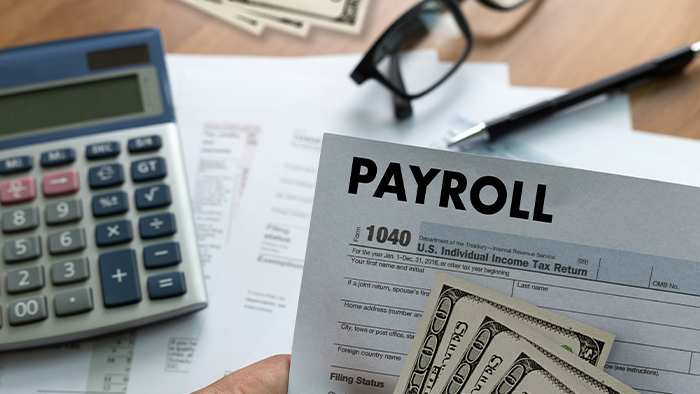Executive Order Defers Payment of Employee Share of Payroll
- By [ Dave Koenig ]
- 08/10/2020

Under the Executive Order, Treasury Secretary Mnuchin is authorized to issue guidance to implement the order and to “explore avenues, including legislation, to eliminate the obligation to pay the taxes deferred pursuant to the implementation of this memorandum.”
The text of the Executive Order can be found here.
A number of issues have been raised by the Executive Order including the following:
- Payroll processors say that adjusting the withholding for payroll taxes in the middle of the year is much more difficult than doing so for income taxes
- Will companies still collect the employee payroll tax and not deposit it to Treasury?
- The deferral of payroll taxes will result in additional take home pay, thus subjecting some of those affected to higher income tax liability
Articles from this week highlight some of the issues presented by the Executive Order deferring payment of the employee share of payroll taxes. It is unclear how quickly Treasury will produce guidance to help companies determine how to implement the Executive Order. Links to the articles/column can be found below: For more information please reach out to RILA Vice President of Tax Dave Koenig.
Tags
-
Public Policy
-
Finance
-
Tax

